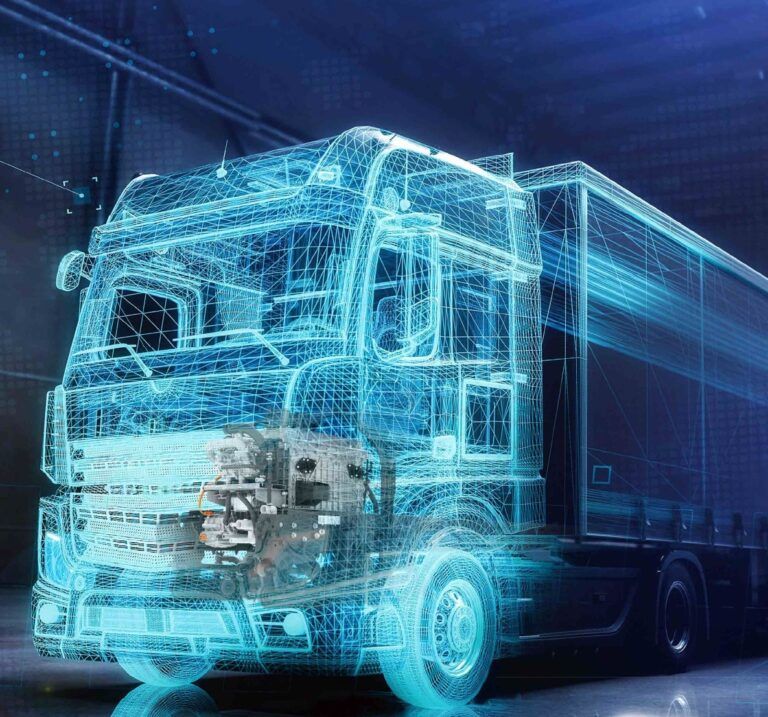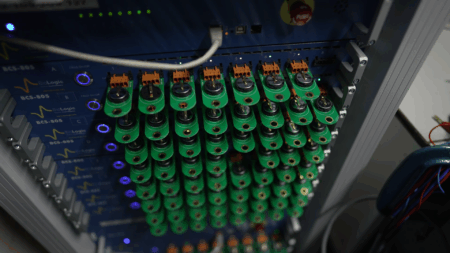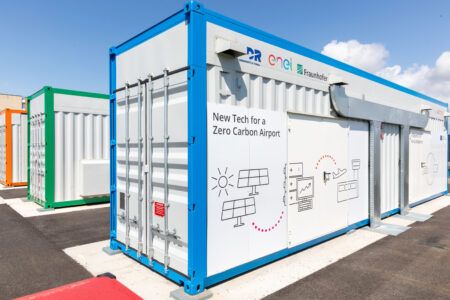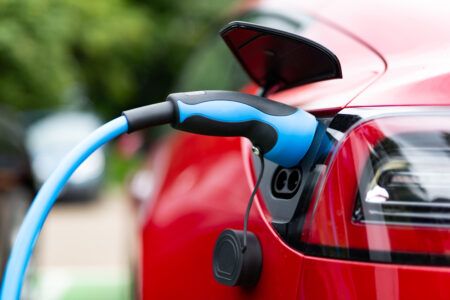Toyota Motor Corporation has developed its third-generation fuel cell system, designed to match the durability of diesel engines while offering improved efficiency and reduced costs. The system will be introduced across major markets including Japan, Europe, North America, and China from 2026.
The new technology will be publicly revealed for the first time at the H2 & FC EXPO in Tokyo on February 19. It represents a significant advance in Toyota’s hydrogen technology, with the system engineered for use in both passenger vehicles and heavy-duty commercial applications.
Key improvements include doubling the durability compared to the previous generation, achieving parity with conventional diesel engines, and incorporating a maintenance-free design. The system also delivers a 20% increase in cruising range through enhanced fuel efficiency.
Toyota has established a track record in fuel cell technology since launching the Mirai FCEV in 2014, selling approximately 28,000 units across more than 30 countries. Since 2019, the company has also supplied over 2,700 fuel cell systems to more than 100 customers globally for various applications including buses, railroads, and stationary power generators.
The new system’s versatile design allows for installation across a range of vehicles and applications, including passenger cars, commercial vehicles, stationary generators, rail, and maritime uses. Its compact form factor facilitates easier integration into commercial vehicles while maintaining high power output.
The development follows Toyota’s broader strategy toward carbon neutrality, with the company actively collaborating with partners across various industries. The automaker has been particularly active in Japan, working with partners in Tokyo and Fukushima prefectures to implement these systems in the commercial sector.
The third-generation system incorporates design and manufacturing innovations that have enabled significant cost reductions, though specific pricing details have not been disclosed.





